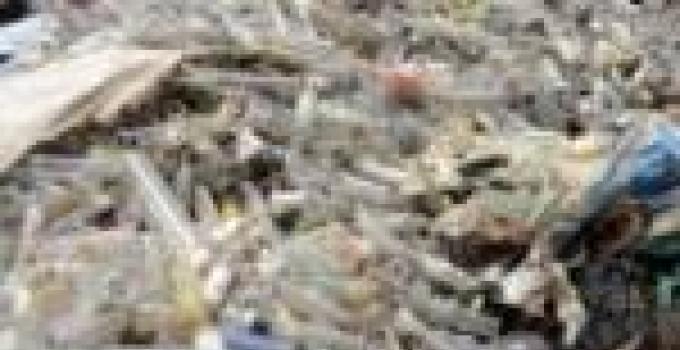The government has been urged to take the issue of biomedical waste disposal seriously to avert the risk of contamination and disease outbreak from the current poor practices associated with the disposal of such waste.
Speaking at a stakeholders event to launch a report titled: ”Biomedical Waste Management in Ghana: A Need for Urgent Attention and Legislation”, lead researchers for IMANI Ghana, Brian Dsanzi and Keshia Osei-Kufuor observed that most healthcare facilities do not have proper systems in place to treat biomedical waste.
The researchers said they found that, in most hospitals, chemical waste are flushed into the sewage system and most systems in Ghana are not treated before they are finally discharge into water bodies. This they said is dangerous because a lot of communities who live around these hospitals use this water for their daily activities and some of the farmers also divert the contaminated water into their farms. Some of infectious wastes also enter the food chain through their exposure to animals, fishes and birds which are consume by humans.
It is estimated by the World Health Organization that 15% of all biomedical waste generated by health facilities are hazardous. The current methods used in managing and disposing biomedical waste in Ghana such as open burning, direct burying among others, which according to the researchers, pose serious health risks to the immediate health officials, waste handlers and the public at large.
Every year an estimated 16 million injections are administered worldwide but not all of the needles and syringes, laboratory samples, body fluids and waste are properly disposed off.
Health-care wastes contain potentially harmful microorganisms, which can affect hospital patients, health workers and the general public. The risk ranges from infections from untreated blades and knives, foul odour from burial pits, toxic smokes from uncontrolled burning and incineration, and possible contamination of ground water and many others.
As a result of the hazardous nature of biomedical waste, they require special collection, storing, treatment, transportation and disposal methods in managing them. “The Ministry of Health’s policy guideline on medical waste handling published in March 2006 is not enforced wholly in most health facilities across the country,” the researchers observed.
Aside the sorting of biomedical waste according to recommended colour codes, the subsequent activities in the value chain from collection to disposal are also unregulated and unsupervised, according the research findings.
The report emphasises that, those who collect this biomedical waste should be professionals with licence, and the health facilities should also undergo training to be able to handle these biomedical waste efficiently and safely.

